COVID-19’s impact on pets is a growing concern for pet owners worldwide. As the global pandemic of coronavirus disease continues to affect human lives, many are questioning the risks to their cats and dogs. Can these beloved animals contract the virus? PetCanvas.art addresses this urgent query with the latest scientific findings, providing up-to-date information to ensure the well-being of your furry companions.
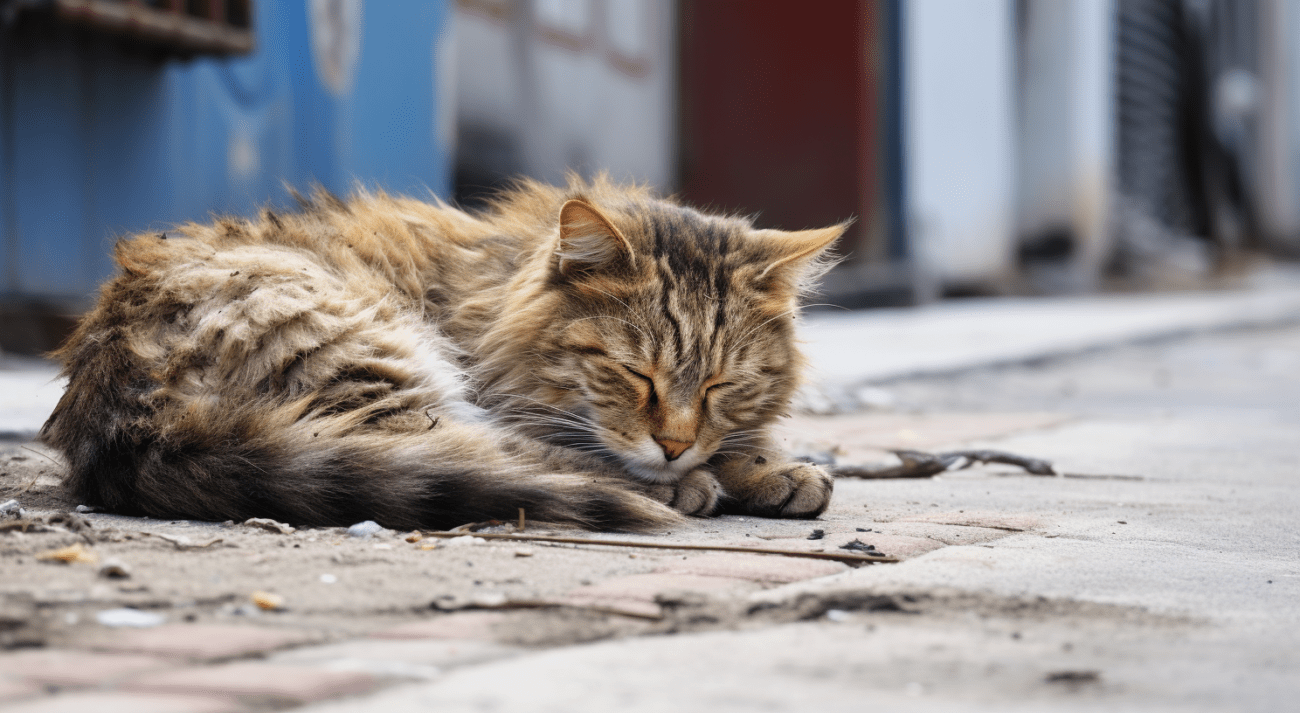
Can Household Pets Contract COVID-19? Human-to-human transmission remains the primary method of COVID-19 spread. However, instances of pets contracting the virus have been documented worldwide, including in the United States.
The U.S. Department of Agriculture (USDA) reported the first case of a dog testing positive for COVID-19 in New York, with the owner also being infected. Further cases involving a lion, a tiger, two domestic cats, and three more dogs have been identified, predominantly in New York, from April 24 to July 1.
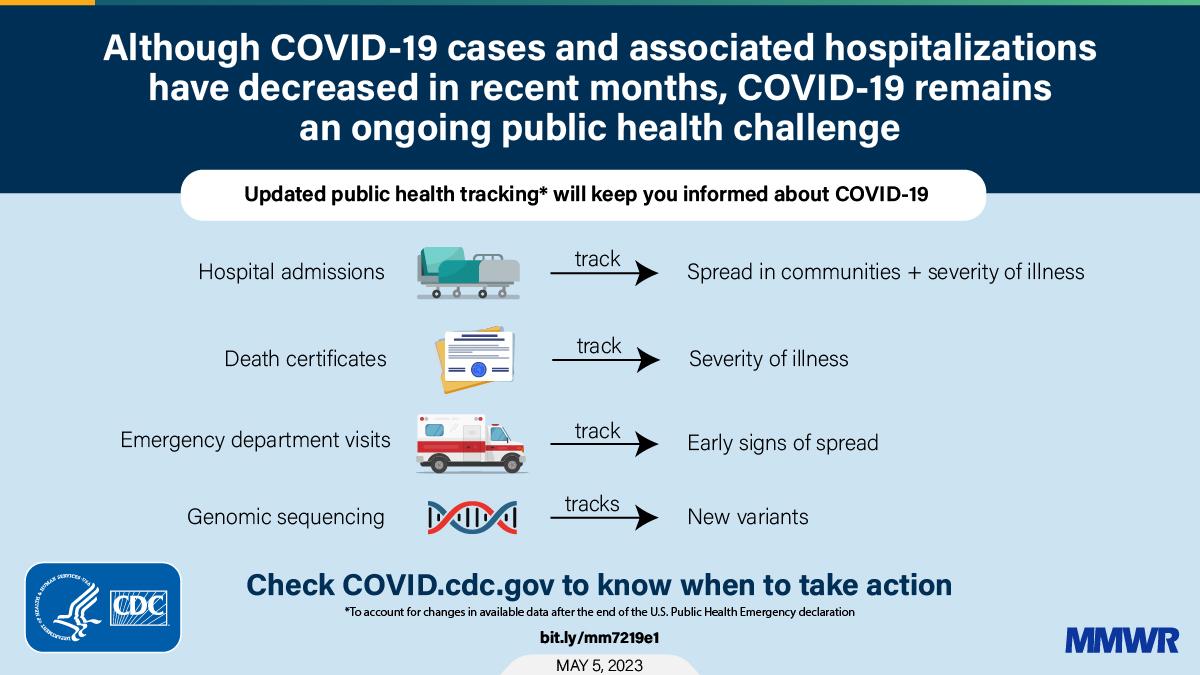
On July 8, 2020, the Centers for Disease Control and Prevention (CDC) acknowledged via a tweet that pets, under certain circumstances, can contract COVID-19.
What We Know About Pets and COVID-19 The virus responsible for COVID-19 is SARS-CoV-2. Research has shown that cats, dogs, and several other animal species can become infected. For an up-to-date list of confirmed animal cases in the U.S., refer to the CDC’s Full List.
Ongoing surveillance by the CDC, USDA, and other organizations aims to monitor and understand SARS-CoV-2 infection in pets, including their potential to develop antibodies. This research is vital for understanding the dynamics of pet infection and the role animals may play in the virus’s spread.

However, both the CDC and USDA maintain that the risk of pets transmitting COVID-19 to humans is low. Current data suggest that some infected pets may transmit the virus more readily within their species than to others. This information is based on a limited number of cases and does not confirm animal-to-human transmission.
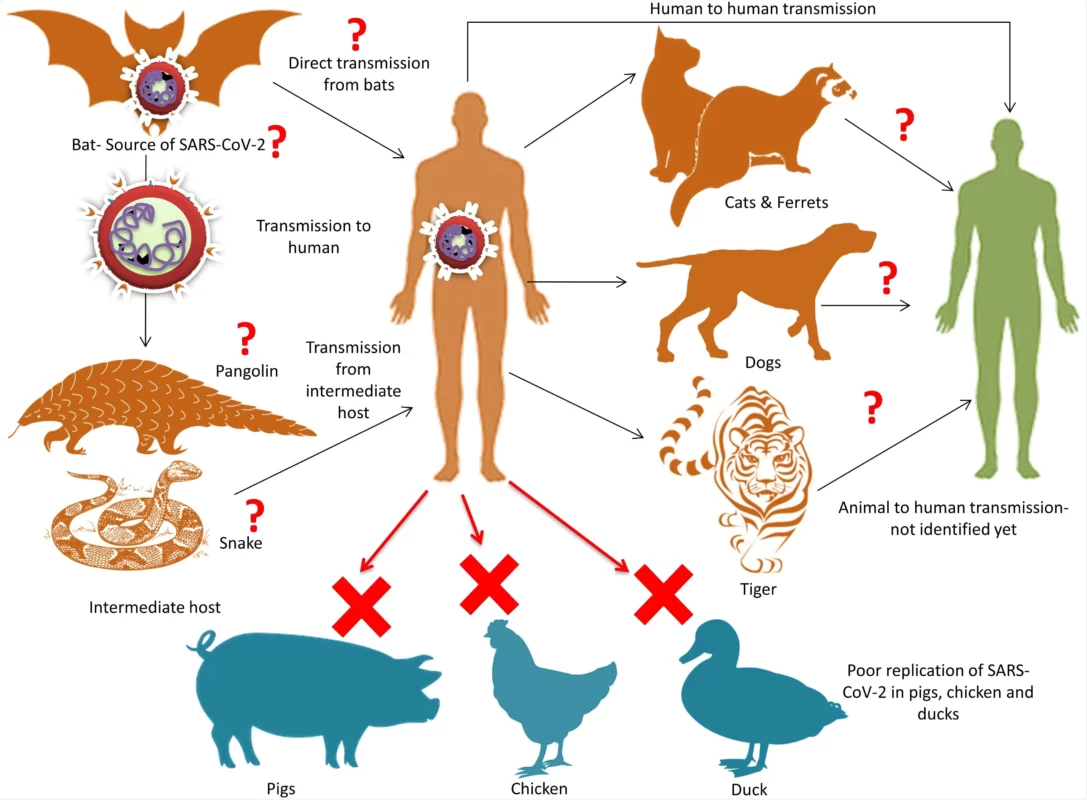
In the Texas Monthly article titled “Your Pets Have Been Getting COVID-19 Too. Here’s Why That Matters,” authored by Lauren Larson on March 21, 2022, https://www.texasmonthly.com/news-politics/covid-pets-am-testing/ a significant research project at Texas A&M is spotlighted.
The COVID-19 & Pets project led by veterinary epidemiologist Sarah A. Hamer is delving into how the virus spreads from humans to pets. The team has tested over six hundred animals, mostly in Central Texas, finding that roughly a quarter of pets in COVID-positive households contracted SARS-CoV-2. Most symptoms observed were mild, with lethargy being the most reported.
The research is vital in understanding the potential for mutations and new variants as the virus jumps between species. Funded significantly by the CDC, the project is now in a more intensive phase, collecting various samples from pets and their environments. Despite the low threat to pets and very low risk of pet-to-human transmission, the research offers essential insights into the broader dynamics of COVID-19. The article emphasizes the bond between pets and owners, particularly during the pandemic, and the challenges faced in balancing affection and safety.
Safeguarding Your Pets During the Pandemic With a small but notable risk of pets contracting the virus from humans, Experts recommends several precautions to protect your animal companions:
- Limit Your Pets’ Exposure: Keep pets within your household and avoid public places with large crowds. If outdoor excursions are necessary, ensure your pet is leashed and maintains a safe distance from others.
- Maintain Good Hygiene: Regular handwashing is crucial before and after handling pet supplies. While masking pets isn’t practical and might cause distress, maintaining cleanliness is key.
- Isolate if You’re Sick: If you contract COVID-19, isolate from both humans and animals. Whenever possible, arrange for someone else to care for your pets. If you must interact with them, minimize close contact and always wear a mask.

Responding to a Pet’s COVID-19 Infection No fatalities have been reported in pets with COVID-19. However, responsible pet care is crucial if your pet is infected:
- Consult Your Vet: Isolate your pet and seek veterinary advice immediately. If you’re also infected, do not visit the clinic in person.
- Isolate Your Pet: Provide a separate space for your pet to recover, preferably with outdoor access for dogs. Maintain cleanliness and wear gloves when handling their belongings.
- Monitor Symptoms: Keep a close eye on your pet’s health and consult your vet if symptoms worsen.
- Protect Yourself: Wear protective gear when caring for your sick pet and thoroughly clean and disinfect your home.
Once your pet has recovered and your vet confirms it’s safe, you can end home isolation.
Stay informed and keep your furry friends safe during these challenging times.







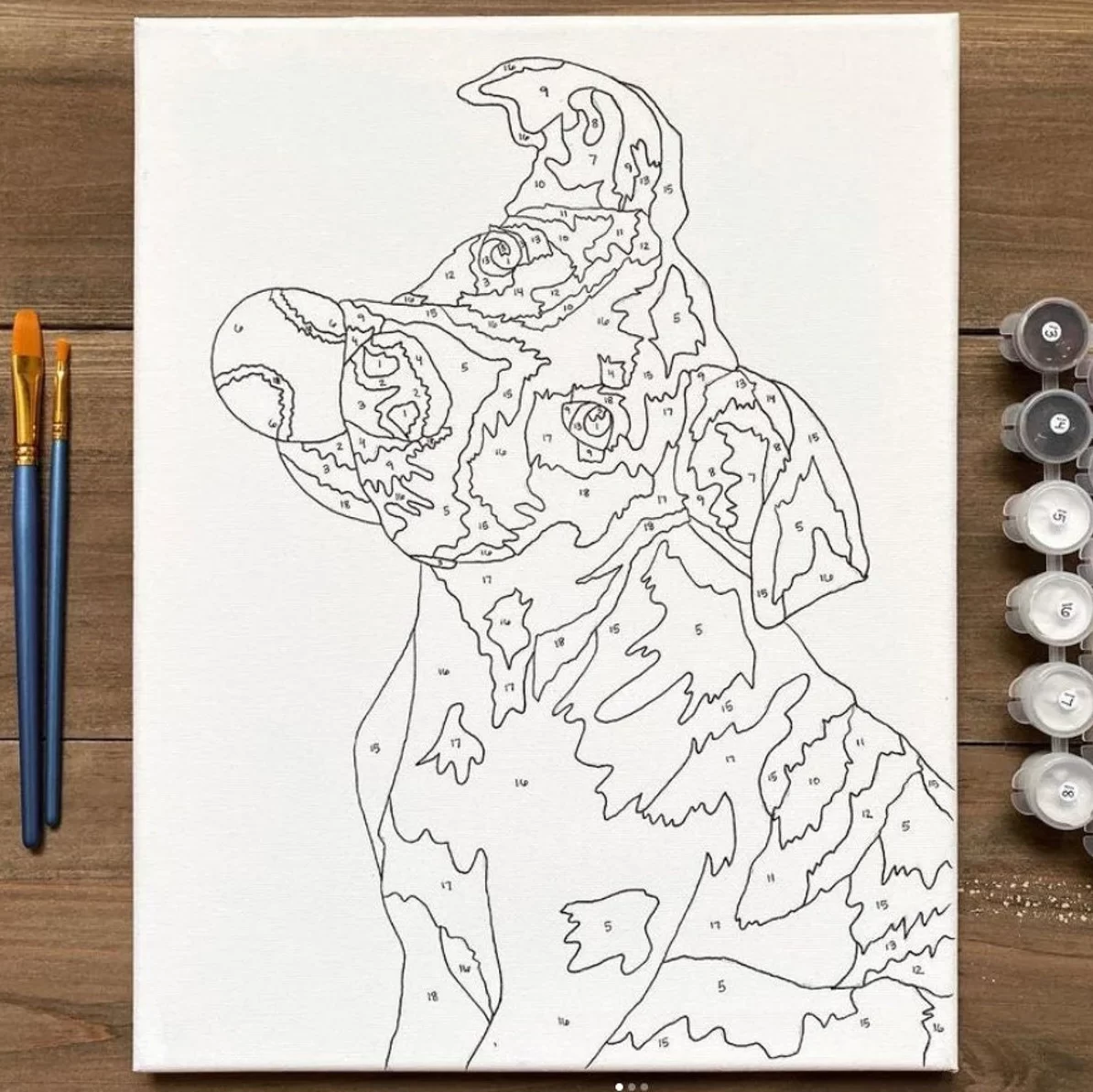
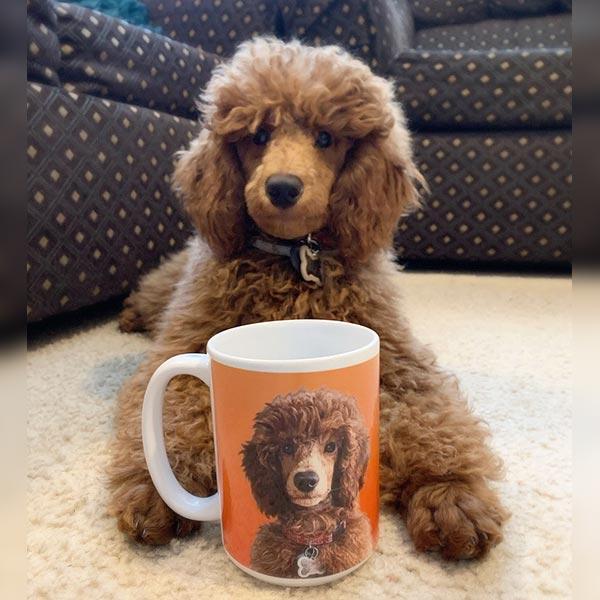

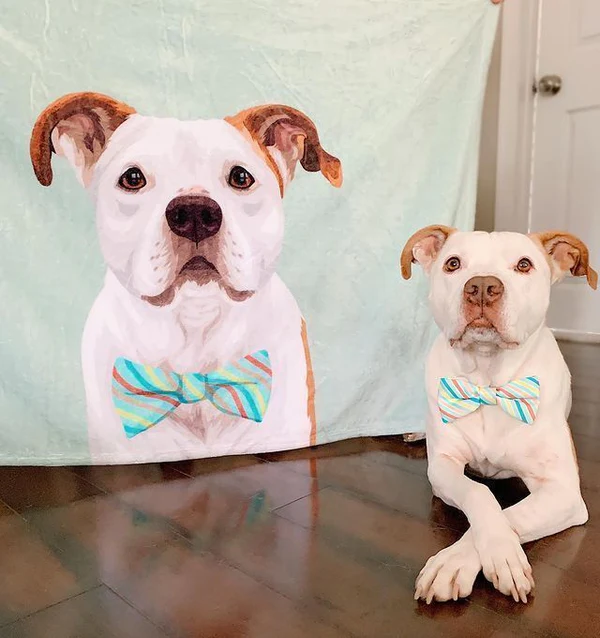











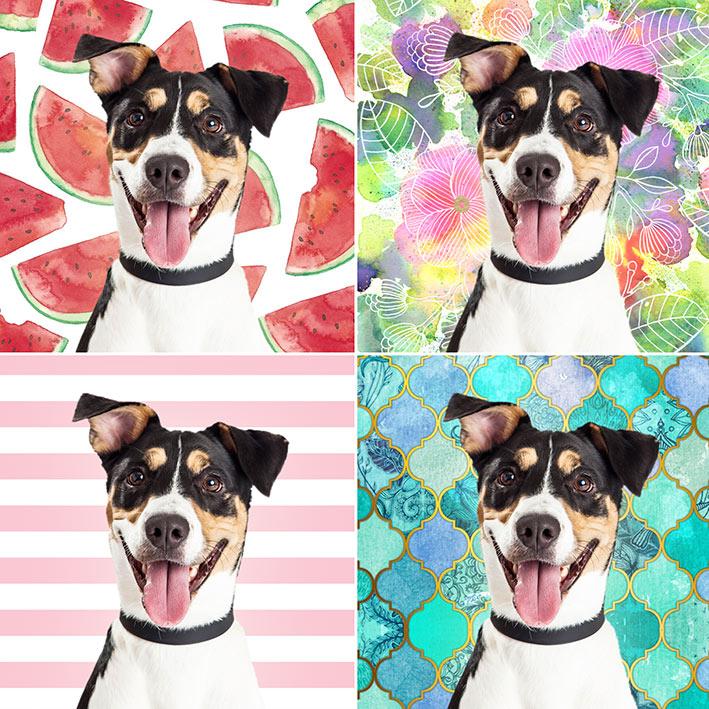









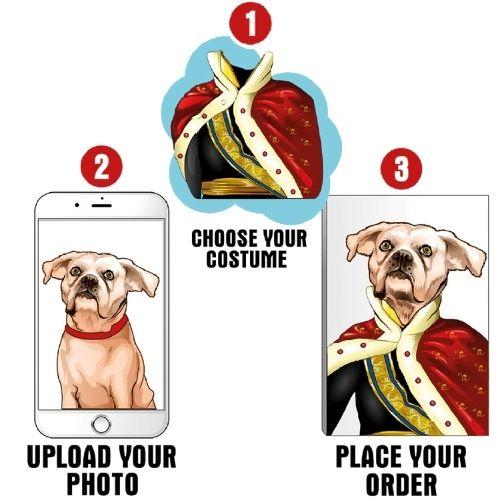
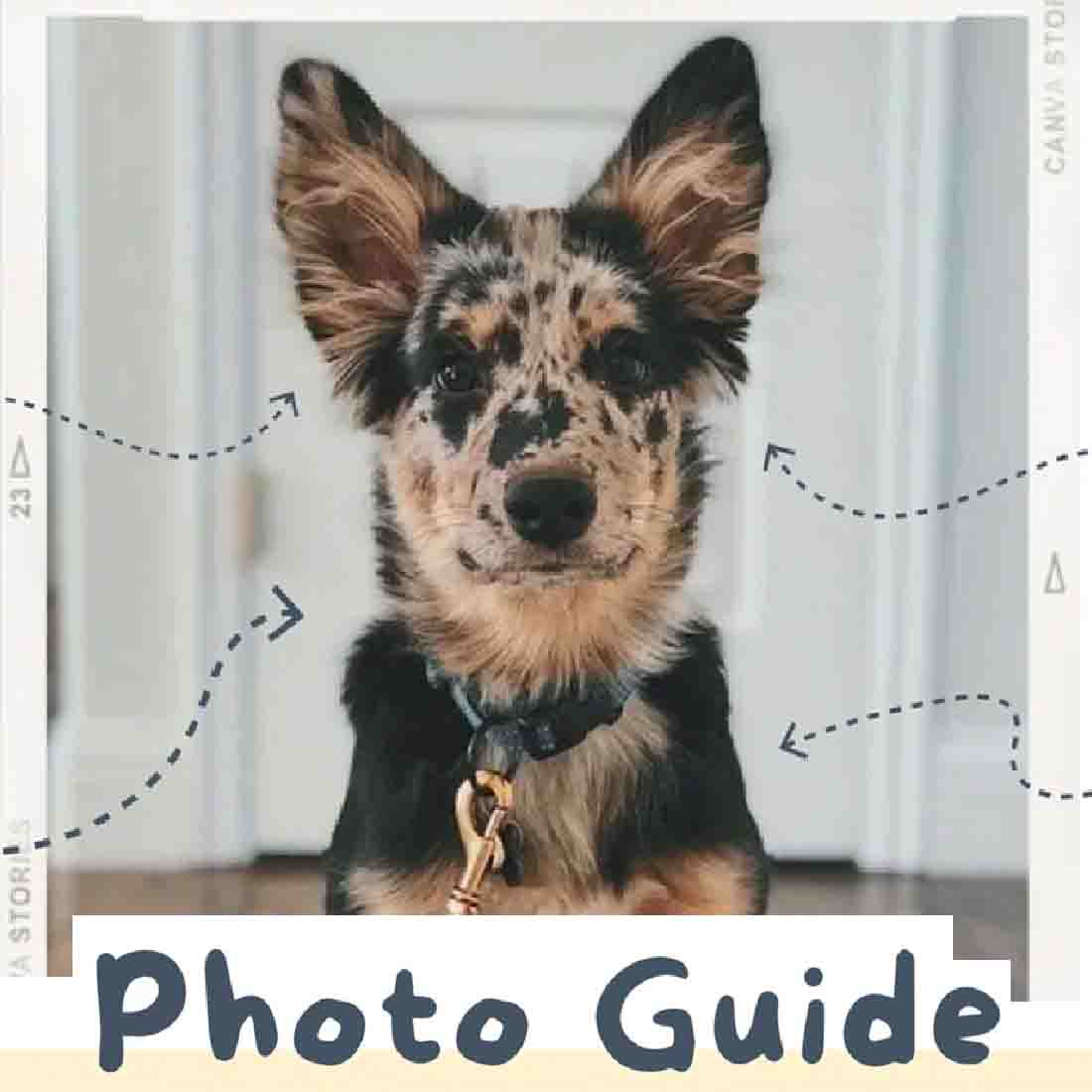
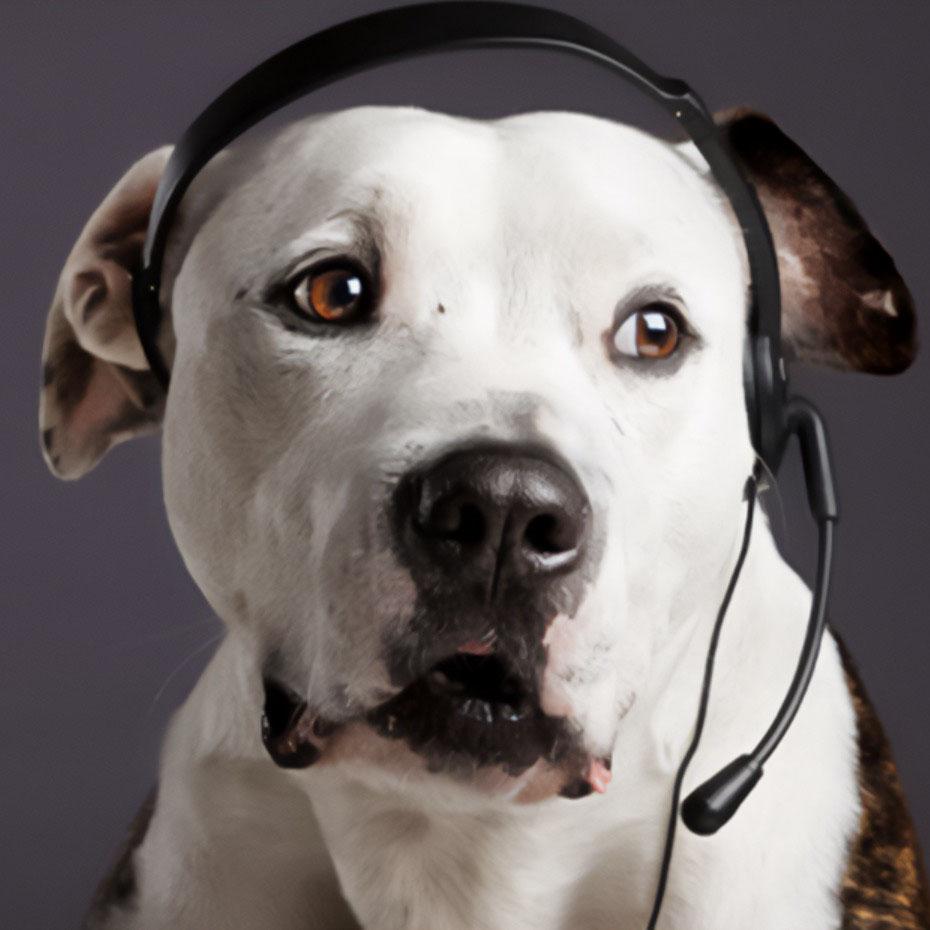

 Canvas
Canvas Fleece Blanket
Fleece Blanket Beach Towel
Beach Towel Pillow
Pillow 3D Lenticular Poster
3D Lenticular Poster Mug
Mug Phone Case
Phone Case Puzzle
Puzzle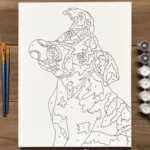 Paint by Number Kit
Paint by Number Kit Mouse Pad
Mouse Pad Clothing
Clothing Pet Supplies
Pet Supplies Custom
Custom Male Portraits
Male Portraits Female Portraits
Female Portraits Multiple Portraits
Multiple Portraits Kid Portraits
Kid Portraits Masterpiece Portrait
Masterpiece Portrait Print Ready Designs
Print Ready Designs 1 pet
1 pet 2 pets
2 pets 3-pets
3-pets 4 pets
4 pets 5 pets
5 pets 6 pets
6 pets 7 pets
7 pets Order Process
Order Process Photo Guide
Photo Guide Frequently Asked Questions
Frequently Asked Questions